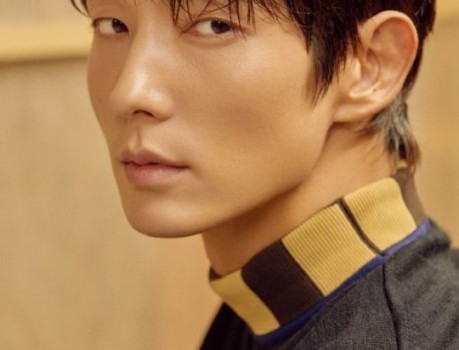In a recent episode of "Angry Mom" Ji Hyun Woo looks at Kim Hee Sun and says that's so "makjang." What did he mean?
Well, k-dramas love to make fun of k-dramas. There's often a line in dramas that says the equivalent, of "What is this? A drama?" Or "Get real. Things like that only happen in dramas."
And he meant, that's so ridiculous it could only happen in the most outrageous and ultra-dramatic unbelievable drama storylines.
The word originated with a Korean phrase that has something to do with pushing things to the extreme. A whole drama can be makjang or just some have makjang elements. And makjang is not necessarily bad. "Secret Love" was a makjang melodrama but good nevertheless. A drama can be over the top in many ways and yet original and entertaining.
Makjang storylines involve events that happen to people in real life but not too often. It's highly unlikely that several such events would happen to the same person.
Take the k-drama classic plot twist, the coma. Yes, people do go into comas. But they rarely wake up with their make-up intact and looking like they just had a good night's sleep. Yes, people develop amnesia but it's rare and it's even rarer for a real person to go into a coma and have amnesia as happened to Hyun Bin when he was trapped in Ha Ji Won's body in "Secret Garden" or to Lee Min Ho when he fell in the pool in "Boys Over Flowers."
And - back to "Angry Mom" - how long would Kim Hee Sun pass as a student in your high school. It does happen, but it's not likely. And maybe a school would have bullies and bad predatory teachers, but also a corruption and cheating scandal with the potential to bring down the country's government?
And the odds that you fall in love with someone whose father killed your father? It's possible. But unless you are Romeo and Juliet, it's not likely.
And how about revenge? How far would most people go to exact revenge? Not as far as Jung Kyung Ho goes in "Falling for Innocence" or Ji Sung goes in "Secret Love." Most people are too busy living their own lives to exact revenge. But the revenge dramas allow viewers to live vicariously. In revenge dramas justice will be achieved and after the villains get their due, the person who exacts their revenge often learns an important but satisfying lesson about compassion.
The makjang elements of a drama - rape, revenge, possible incest -can be so outrageously over-dramatic, they are impossible to believe and yet, when watching a k-drama, the reality of such story elements does not seem so important.
Part of the success of k-dramas is that despite not quite believing the terrible things that happen to the characters, you understand how they might feel if they did experience them. And once that connection is made, you're hooked.











